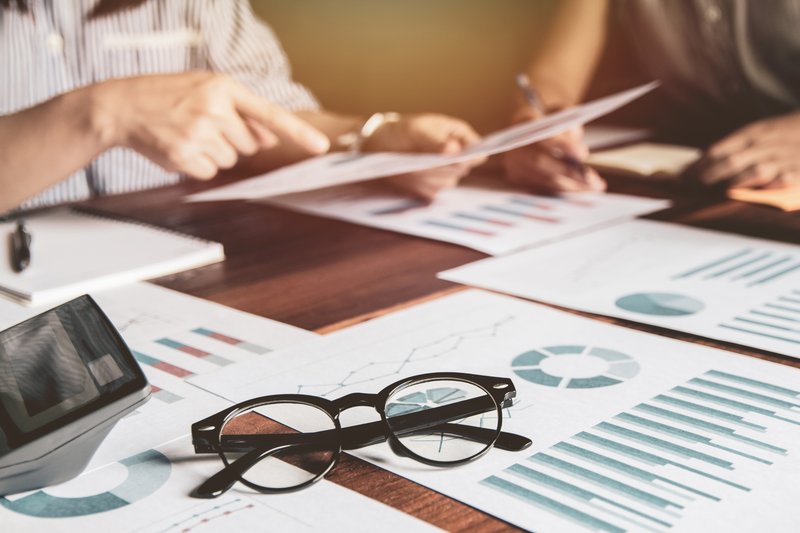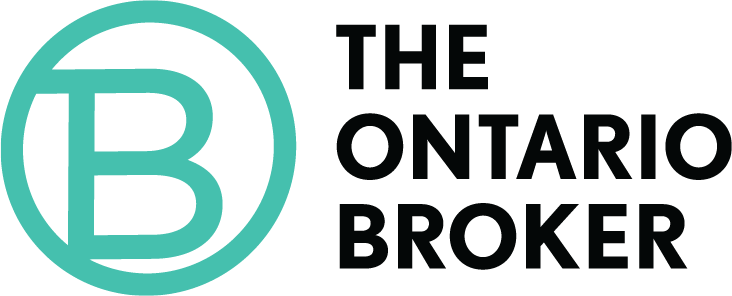
Jeff Toth, Marketing & Communications Specialist, IBAO
The current situation has thrown almost everything into a state of uncertainty. Everyone has opinions and hypotheses about the virus, what we should do and what will happen next. With all the information floating around, it can be difficult to know whose information to trust—especially when our intuitions might lead us in the exact wrong direction.
Our cultural experience has taught us to trust people who sound confident—a trait we automatically treat as an indicator of expertise. But the Dunning–Kruger Effect shows that people often have confidence in their knowledge, whether it’s been earned or not.
Imagine all the knowledge in a particular field, for example car repairs. An inexperienced mechanic will have some of this knowledge. They might even be aware of areas they need to learn more about—these are known unknowns. However, being new to the field, there will be a large amount of material they don’t yet know they need to learn—these are unknown unknowns. An expert mechanic might not know absolutely everything, but they’re far more aware of the knowledge they might not yet know.
Where the Dunning–Kruger Effect comes into play is when these two mechanics assess their level of knowledge. The novice will rate their own expertise about as highly as the expert will rate theirs. There’s also a mismatch when they try to evaluate one another’s skillset. While greatly overestimating his own knowledge, the novice is likely to underestimate the expert’s knowledge.
Whereas the expert mechanic will be able to more accurately assess the novice’s skill-level and more importantly, her own skill-level. With a less accurate view of the total knowledge in the field, the novice can’t appreciate how much more there is that he doesn’t know.
This partially explains why some consumers purchase their coverage direct, only to be surprised when they find out they weren’t properly covered when something happens. Even though they thought they knew what they were doing, they couldn’t properly assess how complex insurance is, how much they didn’t know and how much expert advice is needed.
So if what we need is reliable information—like during a pandemic—we should be more suspicious of our natural impulse to trust confident opinions. If a pundit on the news strongly contradicts the consensus view of epidemiologists, there’s a good chance their bravado is unearned and their unknown unknowns are showing.
We should also watch for this inclination within ourselves. When it comes to epidemiology, we’re all amateurs. We’re all stuck at home, taking in a ton of news and it might feel like we know more about the virus than we actually do. We’re like the novice mechanic, both overestimating our own knowledge and ill-equipped to assess the knowledge of experts.
Information about the virus from public health officials and epidemiologists is always going to be better than information from anybody else. Our business decisions—when to reopen, what safety measures to implement in our offices, when to close our doors again if there’s a second wave—will always benefit from the information provided by people who’ve dedicated their lives to understanding this field. As expert advisors in our field, this is something brokers can surely appreciate.
